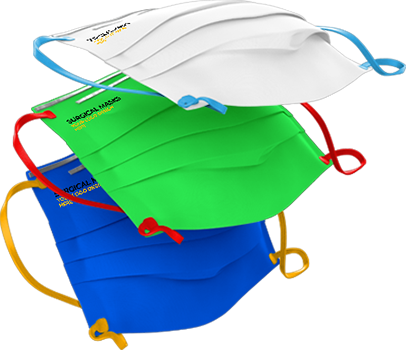Dewormer for Coccidia in Cats: A Comprehensive Guide
Coccidia, a group of protozoan parasites, can cause severe gastrointestinal distress in cats, leading to symptoms like diarrhea, vomiting, and dehydration. Dewormers for coccidia in cats are crucial in eliminating these parasites, restoring the cat’s health. Several medications, including Metronidazole, Ponazuril, and Toltrazuril, are commonly used to treat coccidial infections. In this guide, we will

